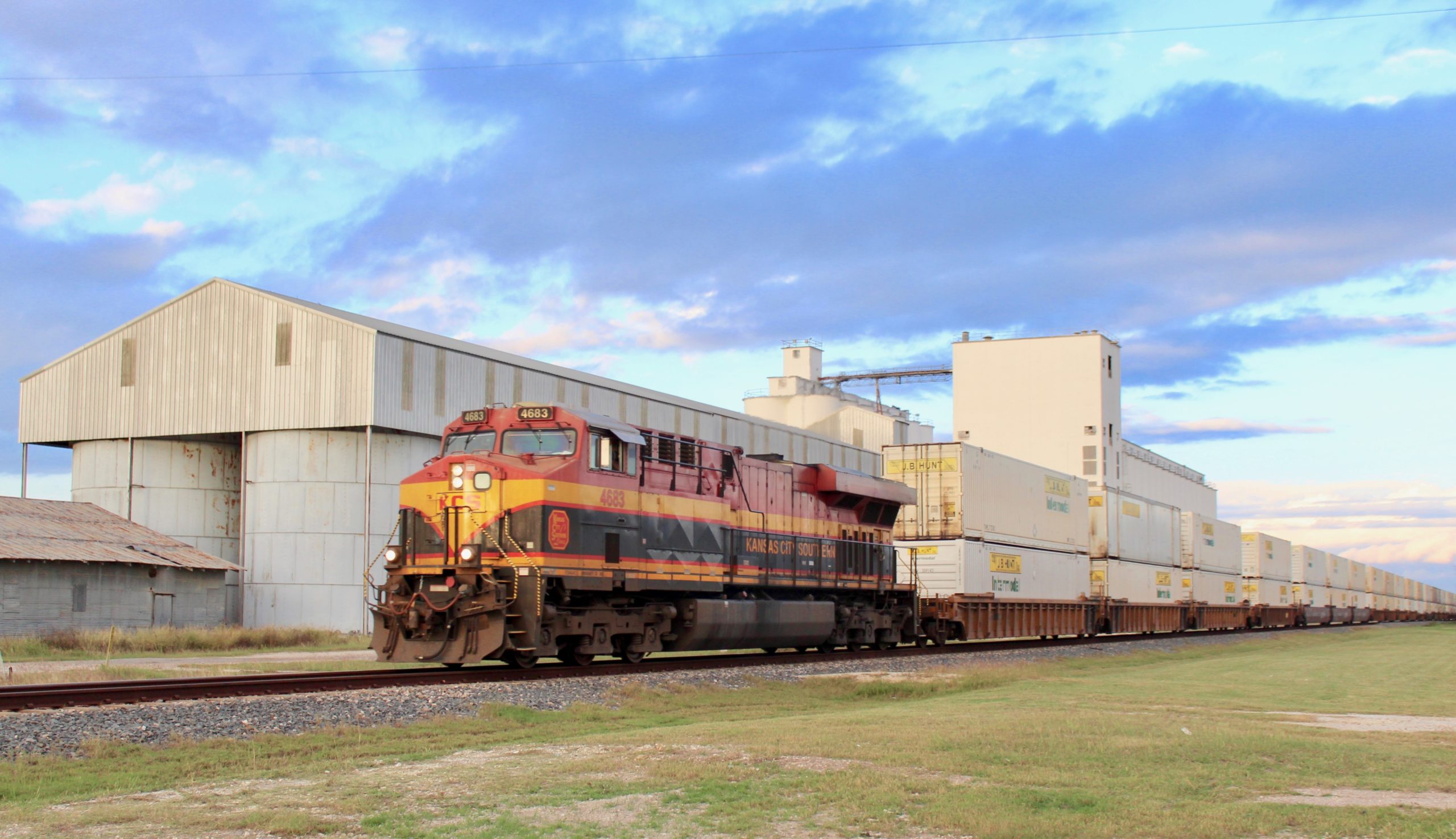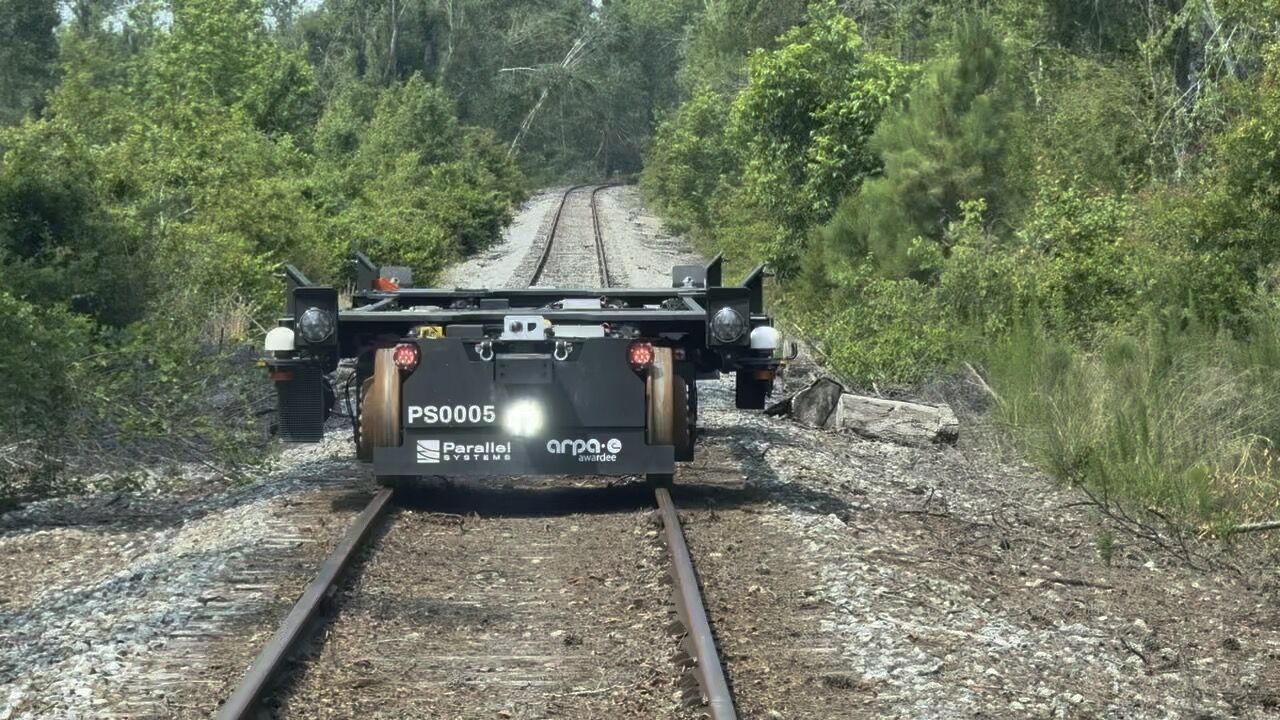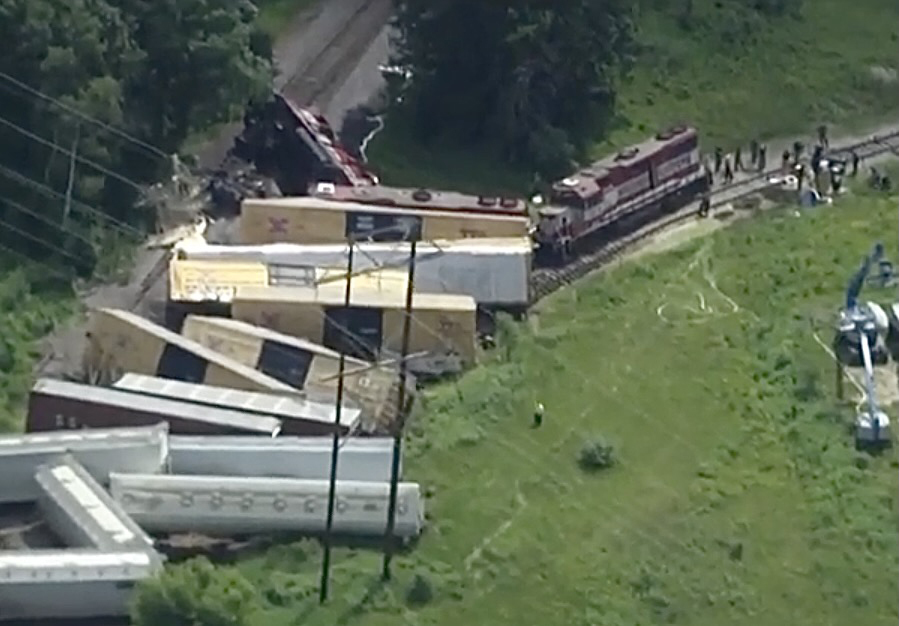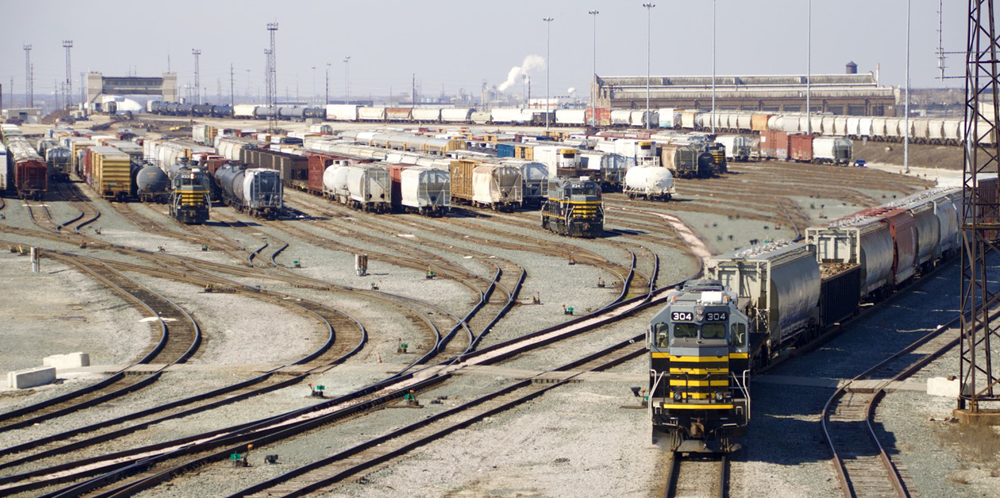The schedule changes, effective April 15, are a second wave of improvements to transit time and service frequency on the railroad’s key intermodal lanes linking the U.S. and Canada with Mexico.
Intermodal trains interchanged with Union Pacific at the Laredo, Texas, gateway are included in the changes for traffic bound to Monterrey, San Luis Potosi, and Toluca, all in Mexico.
Schedules were also tightened for KCS intermodal service linking the port of Lazaro Cardenas with Monterrey, San Luis Potosi, and Toluca, as well as intra-Mexico service.
The most dramatic improvements of two days or more affects traffic from Canadian National origins. Intermodal loads originating on Norfolk Southern are scheduled to move nearly a day faster. And transit times have been cut by five to 12 hours for traffic that originates on BNSF Railway.
KCS cut most of the fat out of intermodal schedules by tightening connections between trains.
“KCS has made and will continue to make changes to our Transportation Service Plan on both sides of the U.S.-Mexico border,” spokeswoman C. Doniele Carlson says. “These changes allow us to take advantage of the principles of PSR, while providing a more consistent service product for our customers. On-time performance and eliminating unnecessary dwell are key PSR metrics, and we expect to continue to improve our service and eliminate waste wherever possible as we roll out PSR across our network. The reason is threefold: reducing the amount of work that trains do online, tighter connections, and less congestion resulting from consolidated and fewer trains.”
In March, KCS rolled out faster, more frequent service for northbound intermodal traffic originating in Mexico and bound for destinations on CN and NS. The new schedules improved transit time anywhere from 1% to 11%, shaving a day off previous schedules.
“Cross-border intermodal from Mexico has always had significant challenges, so I think this is a good first step, but not a magic bullet,” says Todd Tranausky, an intermodal and rail analyst with FTR Transportation Intelligence.
“The transit time reductions will help make cross-border intermodal more competitive, especially in light of the recent issues and delays we have seen with trucks at the U.S.-Mexico border,” he says. “But I don’t think it will magically cause a switch to flip and shippers want to use KCS intermodal service more, but it is a good first step to try and create additional value for shippers that want to use their service to access the Texas market and other destinations.”
KCS began making PSR-based operational changes late last year and has largely focused its initial efforts on Mexico. It has eliminated 100 crew starts per week by combining trains south of the border, including blending merchandise and intermodal traffic.
The schedule changes also bring better directional balance to KCS’s fast-growing cross-border intermodal service, which saw volume gains of 5% in the first quarter.
Balancing traffic flows, by running the same number of trains in both directions, is one of the key tenets of PSR. The practice eliminates unproductive deadhead moves by keeping crews and locomotives in the right places at the right times.













